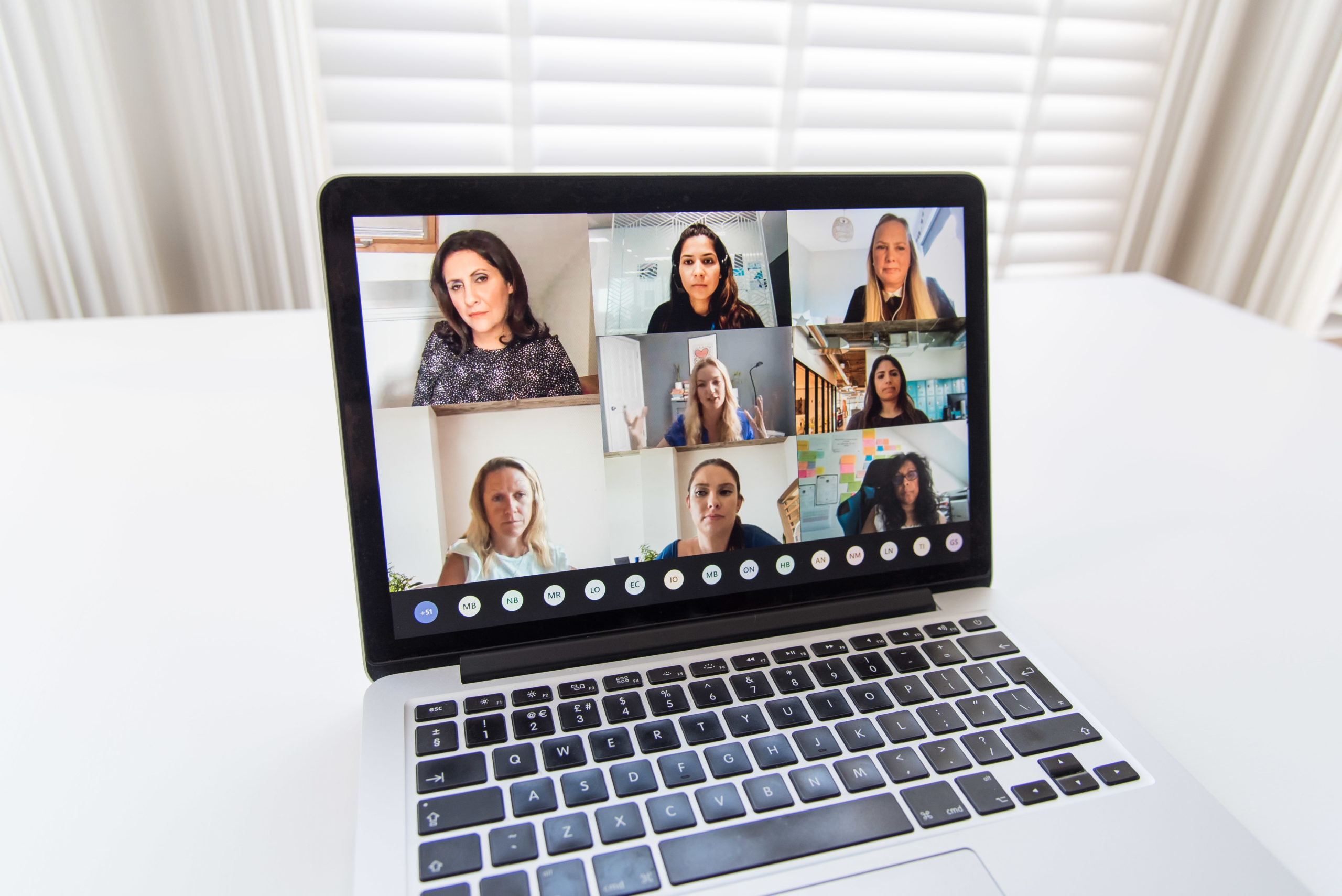The Management Consultancies Association (MCA) has launched a new toolkit which provides member firms with additional resources to improve their equality, inclusion and diversity initiatives and programmes. This first part of the toolkit covers the attract phase of the employee journey and additional sections will be published later in the year to cover the recruitment and development journey within organisations.
The toolkit has been created in partnership with the MCA Diversity & Inclusion Working Group to help member firms share best practice across the sector and to set out practical advice and recommendations across the employee journey. The toolkit also advocates working with key partners to assist with attracting a diverse workforce with recommended organisations for MCA member firms to engage with. The importance of using inclusive language in a job description to help ensure that candidates from diverse backgrounds feel encouraged to apply for roles is covered as well as case studies, templates and other tips and advice. As part of the Consulting Excellence principles, MCA Member Firms are committed to diversity and inclusion within their workforce.
Ensuring opportunities for progression and development are accessible to all is critical to better reflect the society that the consulting sector serves and the development of the toolkit follows the release of the MCA Annual Industry Survey 2021. It revealed that a number of initiatives are in place at firms and positive progress is reflected in the findings of this years’ report. Women now make up 32% of Partners and Senior Level employees at member firms, a rise from 21% in 2019 with a third of Partners in small (31%) and large firms (33%) females. There is still more to do in this area as the number of women in consulting overall has fallen with 42% of employees at MCA Member Firms women and 58% men. This compares to 49% women and 51% men in 2019 and is mainly due to changes at medium-sized firms.
BAME employees at Partner and Senior level has increased from 8% to 14% and a quarter of consultants (24%) at firms fall within the broader black, Asian and minority ethnic (BAME) category. Firms reported that 4% of consultants were black African, Caribbean or Black British but 1% of consultants who are Partners or Senior level are of this representation. This compares to 16% of consultants who are Asian or Asian British and 6% of consultants at Partner or Senior level who are Asian or Asian British. A quarter (23%) of consultants at member firms have social mobility characteristics, broadly aligning with figures reported in 2019, with a third (32%) falling under this profile at medium-sized firms. This metric covers an individuals’ background, opportunities, parental income and social class and helps to promote diverse application pools and promotion by socio-economic background.
Tamzen Isacsson, Chief Executive of the Management Consultancies Association (MCA), said:
“This toolkit provides advice from firms across the sector on how to attract brilliant staff from more diverse talent pools. By sharing best practice across the sector we hope to achieve our joint goals on diversity and inclusion quicker and more effectively.”
Gita Singham-Willis, MCA Diversity & Inclusion Working Group Chair, added:
“The approach to recruitment can have a significant impact on the success of attracting and keeping people who traditionally miss out. In order to build more inclusive organisations, it’s important to consider the relationship between what is happening inside and outside a company and people are much more likely to be interested if they can see that there is a genuine commitment to equal opportunities. Commitment needs to be shown through other company activities.”
Sucheta Misra, North Highland Associate Vice President, I&D and Social Impact Leader who contributed to the toolkit, said:
“As a people-centered firm, part of communicating our strong values and culture consistently and on various platforms is to ensure that candidates understand that diversity and inclusion is weaved throughout our company. We recently launched a Make Change Happen series incorporating diversity and inclusion topics meant to strengthen allyship and belonging. We are deeply committed to diversity and inclusion both internally and externally and our communications reflect this commitment.”
Details of the MCA Diversity & Inclusion Working Group and how to access the toolkit can be found at www.mca.org.uk

